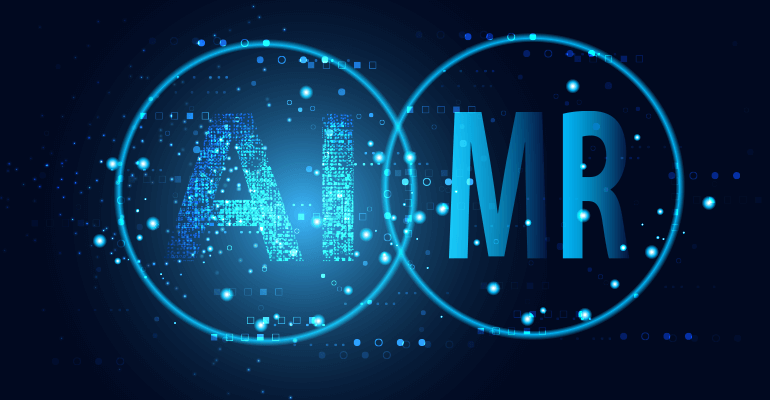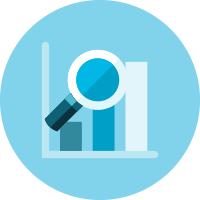
Market Research and AI/ML state 2020
Yes, it’s still 2020, and nowadays, the words Artificial Intelligence and Machine Learning sound more and more reasonable instead of fictitious. With the development of cloud services, access to AI technologies, and the general computational power increase, developing AI solutions for the market research industry is getting less complicated. However, due to the available industry model or the cross-industry obstacles, these AI implementations are still not widespread.
The customers are constantly evolving, though. 2020 was a living example of how an abrupt change in our environment or conditions can dramatically shift consumer habits. And this is not some trend or temporary effect. Entire industries have been wiped out.
In these uncertain times, the market research industry is needed more than ever. Since the frenetical worldwide shifts, the insights on consumer behavior will require more and more artificial power. Power to collect and process their data in a comfortable, conversational way. Ability to clean the irrelevant data automatically. The eye to gather the deep meaning of the respondent data, automatically and deep dive, gathering even emotion in their responses.
Based on the technological state of Artificial Intelligence and Machine Learning, there are a plethora of opportunities for the MR industry. Here are just a few examples of some areas where AI/ML and Market Research intersect.
- Automation. There are entire processes like text-coding, gibberish detection, analysis generation, and visualization that will be heavily optimized via AI. Speed and quality are critical to a new business in the MR industry, and ML models will help here. And via AI, these processes can be humanized and made more conversational.
- Natural language processing. This area is a battleground for several big cloud players and will present the market research industry with opportunities to develop informal, even conversational surveys.
- Continuous data generation and analysis. ML could spot more exact behavioral patterns from the increasing data the researchers generate and faster processing. And AI, again, can make the insights more understandable and personalized. Some of the ideas in this direction are that at some point, the gathered data from few tracker surveys waves would predict the results of the next wave accurately even there is some deviation in the survey conditions.
Of course, this is just a glimpse of what market research can do with AI. And looking back to a study made by Qualtrics in 2018, AI is seen as a force for good in market research by 93% of the interviewed researchers. 80% say that AI will positively impact the market, and the questioned are both older and younger.
So, the future of MR is Bright, indeed.







